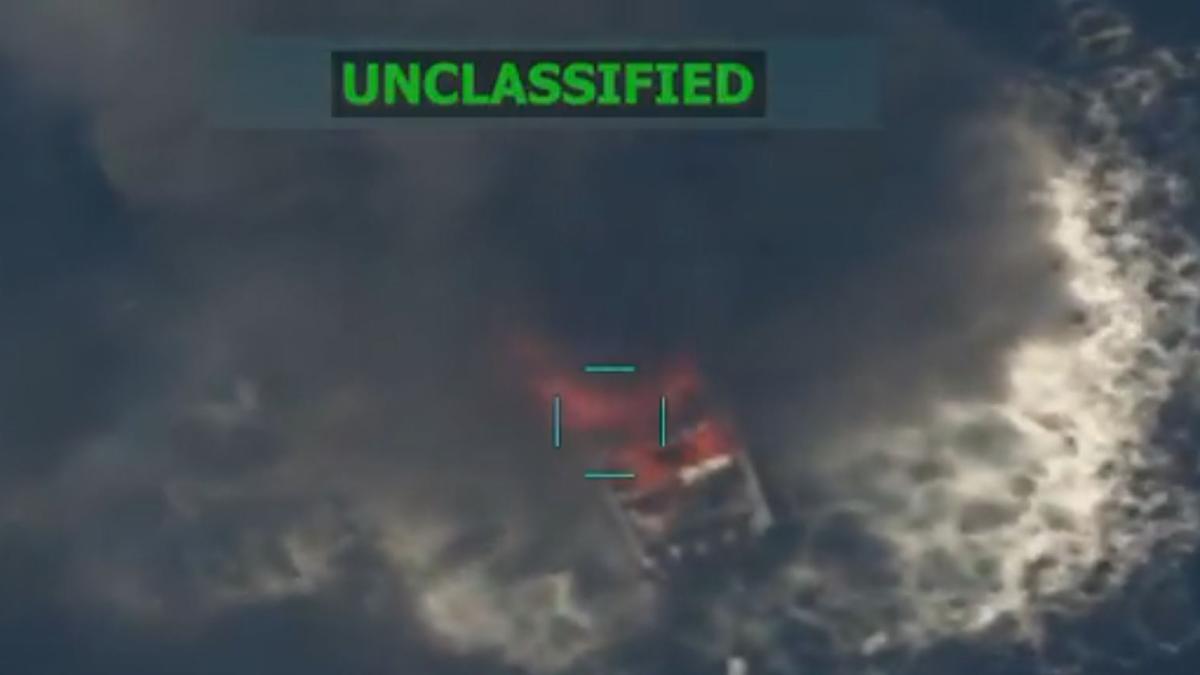“`html
Why the UN’s Resolution 242 is Still a Hot Topic
The struggle for peace in the Middle East has been overshadowed by decades of tension and political gamesmanship. Resolution 242, a United Nations Security Council decree born under the clouds of the 1967 war, is not just a relic—it’s the lynchpin of diplomacy that continues to spiral into chaos.
The Impact of Resolution 242 on Israel
In simplistic language, resolution 242 demanded Israel to retreat from all territories seized during the six-day war—a clear message that has been twisted and turned by the powers that be. Is it any wonder that this document, which sought a peaceful resolution, ended up being a punchline in the ongoing Israeli-Arab conflict?
“The United Nations has lost touch with reality; it champions resolutions that don’t reflect the ground truth.”
A Unanimous Yet Flawed Resolution
- Approved unanimously by 15 countries, including major powers like the United States and Russia.
- Renounces the right to conquer in this modern age—an ethos that has been largely ignored.
- Compels Israel to withdraw from strategic areas like the Sinai and East Jerusalem—yet here we are, decades later, with tensions still boiling.
Even after Israel accepted this resolution on paper, they swiftly negotiated with Egypt, returning the Sinai but keeping their iron grip on other occupied territories like the Golan Heights. What irony! They use security as a shield against compliance, effectively flipping the narrative.
The Arab Rejection of Resolution 242
Let’s be clear: the Arab countries’ rejection of this resolution showcases the deep-rooted problem within the region. It wasn’t until 1988 that the Palestinian Liberation Organization (PLO) even remotely acknowledged it as a basis for establishing a Palestinian state.
How can one expect genuine progress when even the texts of the resolution are up for ambiguous interpretations? The difference between “withdrawal from occupied territories” and “withdrawal from occupied territories” is, frankly, a legal quagmire that serves only to prolong the conflict.
The Legacy and Future of Resolution 242
Resolution 242 eventually gave way to Resolution 2334 in 2016, calling for Israel to cease settlement expansion in Palestinian territories. Yet, the United States played political chess and abstained instead of vetoing it—this is the game of international relations.
In Conclusion: A Call for Realism
As it stands, the call for a fair and lasting peace is drowned under the weight of misinterpretations and diplomatic nonsense. Resolution 242 isn’t just a piece of history; it’s a warning sign of a Middle East that’s still grappling with outdated ideologies and dangerous rhetoric. When will the world wake up to the reality that ignores the very essence of democracy, freedom, and human rights?
“Those who don’t learn from history are doomed to repeat it, and the Middle East has been repeating its mistakes for far too long.”
“`














Leave a Reply